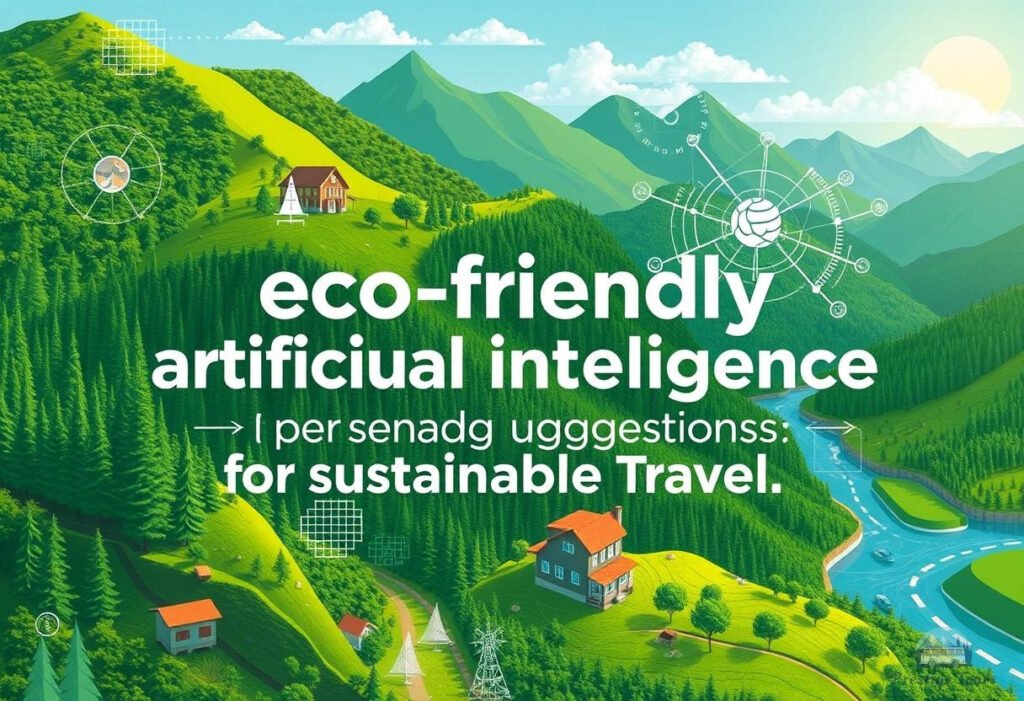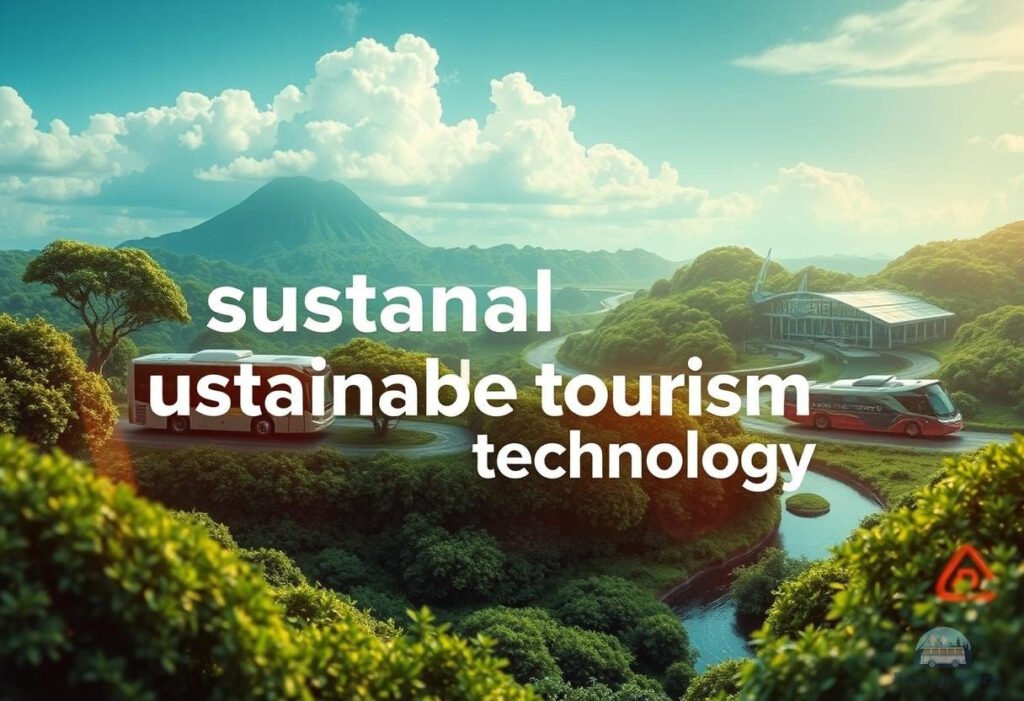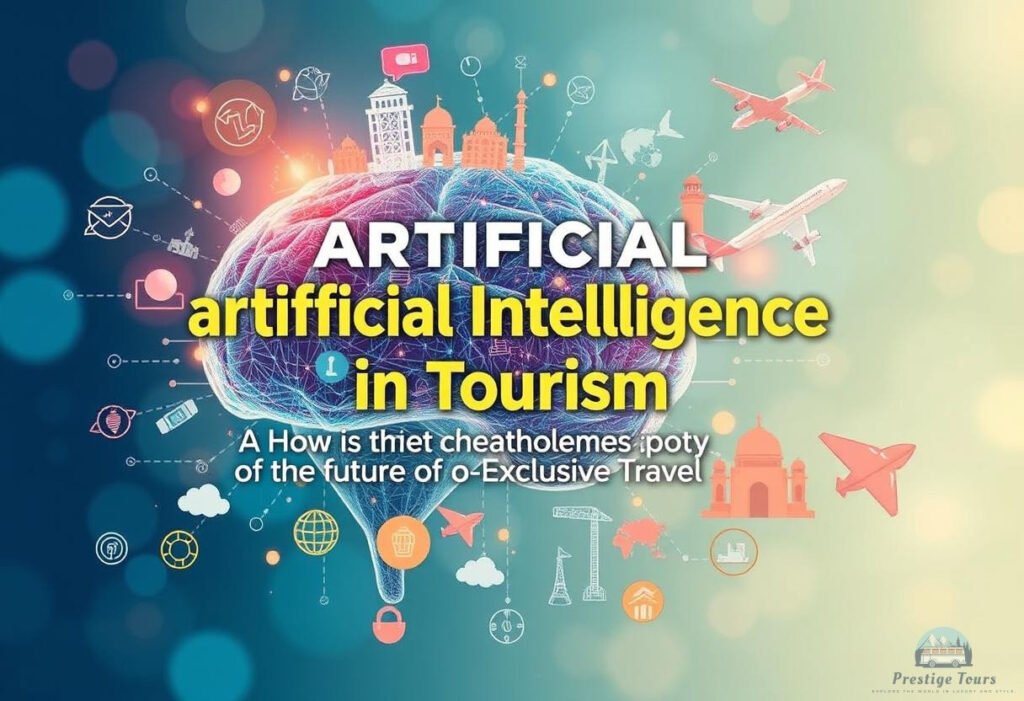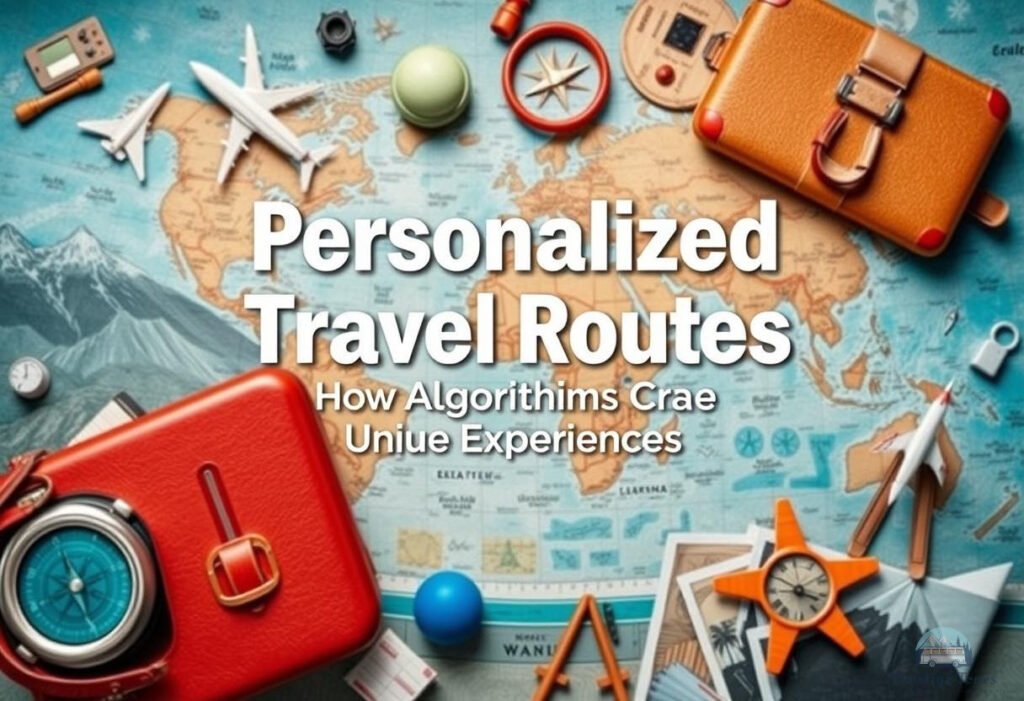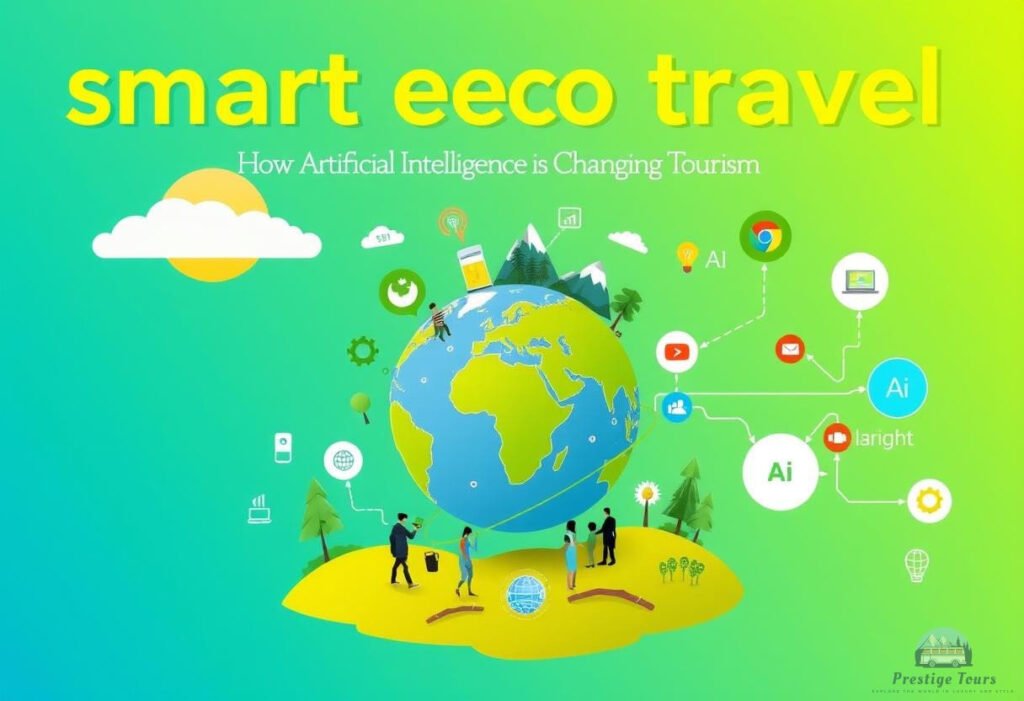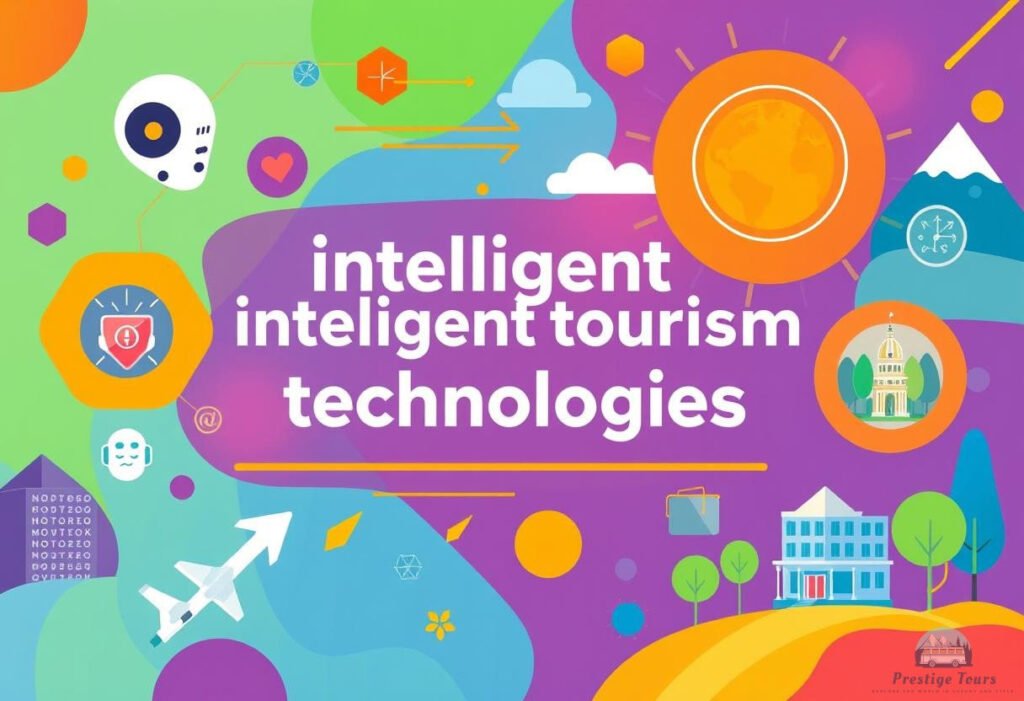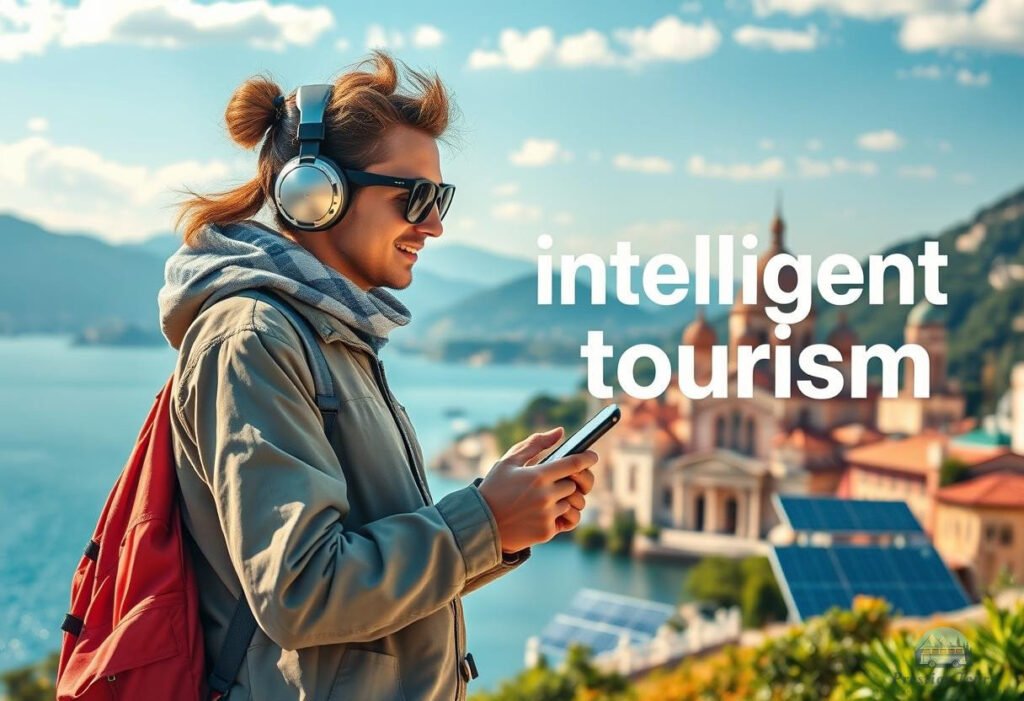Solo Travel 2024: How Artificial Intelligence Is Shaping Current Tourism Standards
In recent years artificial intelligence tourism has become a major factor in shaping the future of personalized travel. Innovative technologies not only simplify the booking and management of trips, but also help create more personalized experiences for travelers. By applying data analytics and machine learning, companies in the travel industry are offering customers solutions that are fundamentally changing the approach to travel.
Benefits of Using Artificial Intelligence in Personal Travel
Key benefits of integrating artificial intelligence in tourism include:
- Personalization: AI analyzes customer preferences, allowing you to create unique routes and offer services that meet the tourist’s expectations.
- Process optimization: Artificial Intelligence-based technologies automate booking processes, reducing wait times and minimizing errors.
- Price forecasting: Some services use algorithms to analyze market data and predict prices, which helps travelers find better deals.
According to a study conducted by consulting company McKinsey, more than 30% travel companies have already implemented technologies artificial intelligence tourism to improve the quality of customer service. This significantly increases their competitiveness and profits.
Examples of successful technology integration
World leaders in tourism are actively using artificial intelligence tourismBelow are some impressive examples:

- Airbnb: The platform uses algorithms to recommend accommodations based on past user queries.
- Expedia: With AI-powered chatbots, customers can instantly get information about schedules, prices and accommodation options.
Safety and Ethics in Using AI
Despite the obvious advantages, the use artificial intelligence tourism also implies the need to ensure the security of customer data. According to a report by Data Privacy Lab, about 70% travelers are concerned about the collection and use of their personal information. Therefore, companies are obliged to be transparent in their use of technology and implement data security policies.
The Future of Solo Travel: Trends for 2024
Further evolution of tourism technologies is expected as early as 2024. Key trends include:
- Integration with VR and AR: Travelers will be able to “visit” places before their trip using virtual and augmented reality technologies.
- Smart Travel Assistants: More advanced virtual assistants that can provide information based on consumer preference analytics.
- Eco-friendliness in tours: Raising awareness among travelers about their environmental impact and providing them with “green” options.
These changes will not only improve the level of services, but will also change the structure of the tourism industry itself, making it more accessible and focused on the individual desires of customers. Therefore, it is important to monitor trends and adapt to new market conditions.
For a deeper dive into the topic, you can read articles such as Trends in Individual Tourism 2024 and The Benefits of Artificial Intelligence in Tourism.


